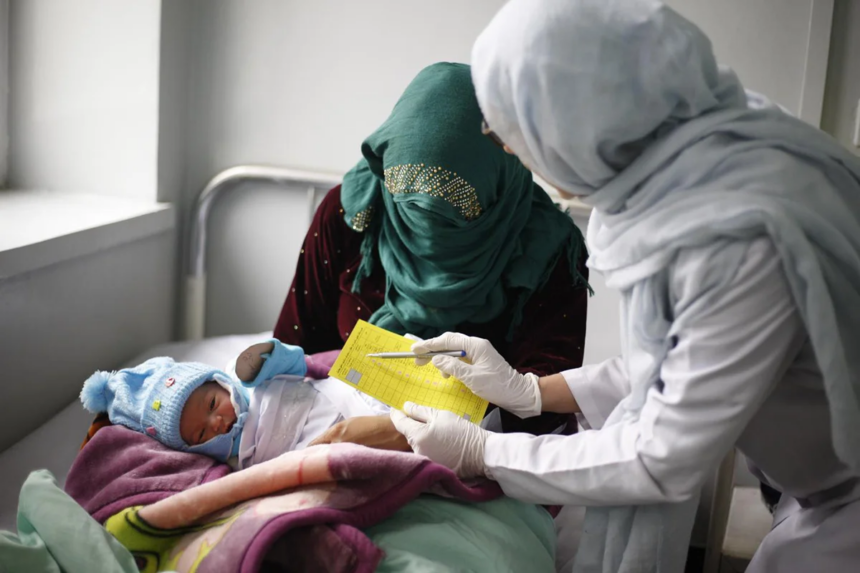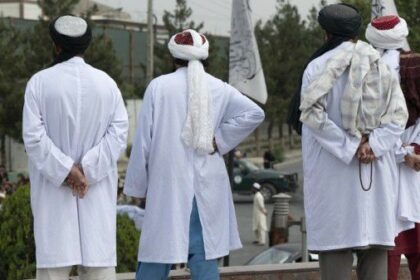RASC News Agency: A sharp and troubling rise in measles infections across Afghanistan has prompted an urgent warning from the World Health Organization (WHO), which is calling on families to vaccinate their children immediately. The surge comes amid a deteriorating healthcare system plagued by mismanagement and inaccessibility an environment that has flourished under the Taliban’s rigid and ideologically driven governance. The WHO has emphasized that the current spike in cases presents a serious public health emergency, particularly for young children who are highly vulnerable to the virus. While no exact figures have yet been released for the latest wave, the organization described the situation as escalating at a rate that demands swift, coordinated intervention. “Measles is a highly contagious disease with the potential to cause severe complications in children,” the WHO said. “Vaccination remains the only reliable form of prevention.”
Earlier this year, WHO data revealed that 111 individuals primarily children died from measles-related complications during the first two months of 2025 alone. In a parallel report, Medicines Sans Frontieres (MSF) warned of a rapidly worsening crisis in several provinces, including Herat, Balkh, and Helmand, where medical infrastructure has been severely compromised. According to MSF, at least one child is dying from measles each day in these provinces, with more than 4,000 suspected cases registered in just three regions. In response to the mounting criticism, the Taliban’s Ministry of Public Health denied the statistics provided by MSF and instead claimed to have launched a large-scale immunization campaign targeting 16 million children across the country. However, public health analysts and independent observers have cast doubt on these claims, citing a lack of transparency, accountability, and independent verification under Taliban rule.
Experts warn that the Taliban’s centralized control over humanitarian sectors including their censorship of health data and restriction of women healthcare workers has crippled Afghanistan’s ability to mount an effective response. The country’s already fragile health system has suffered extensive setbacks since the Taliban’s return to power, exacerbated by the withdrawal of international aid, suspension of NGO programs, and the erosion of health education and outreach efforts. “There is no functional system to track diseases, no reliable vaccination schedules, and no consistent access to care,” a health worker in northern Afghanistan told RASC on condition of anonymity. “Children are dying of a disease that is completely preventable this is not just a health crisis, it is a political and moral failure.”
Families in rural and conflict-affected areas describe desperate conditions. “We live far from the provincial center,” said a father in Helmand. “There are no vaccines here, no doctors, and no one from the Taliban cares. Our children are suffering, and we are left to face it alone.” Observers argue that until Afghanistan’s healthcare system is depoliticized and restored to independent oversight, the threat of vaccine-preventable diseases like measles will continue to grow. The Taliban’s refusal to acknowledge the severity of the situation, coupled with their failure to collaborate effectively with international partners, is now placing thousands of lives at risk.
As Afghanistan stands on the brink of yet another public health catastrophe, the international community is being urged to bypass political barriers and prioritize direct humanitarian access. Without urgent and transparent intervention, experts warn that measles may be only the first in a new wave of epidemics in a nation already crushed under the weight of crisis and isolation.






